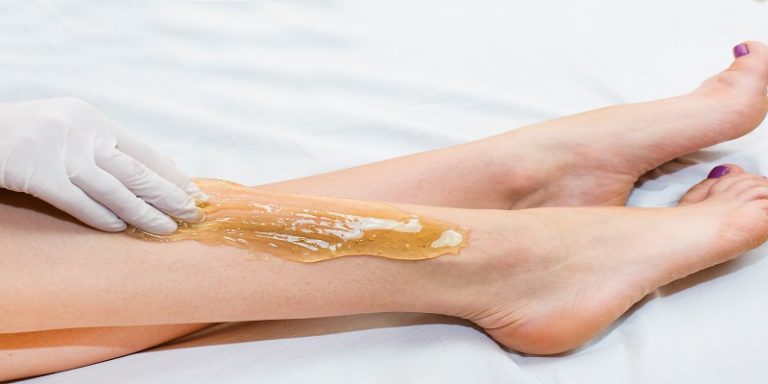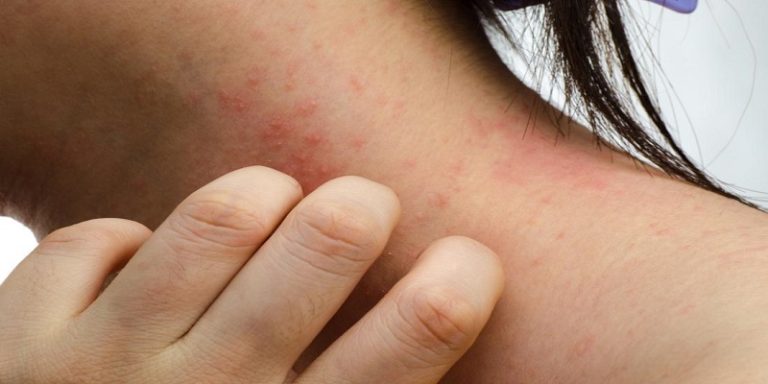Can Melatonin Cause Hair Loss?
Last Updated on June 18, 2025 by Jaclyn A. Neeley
Melatonin, a hormone primarily known for regulating sleep cycles, has garnered attention for its potential effects on hair growth and hair loss. This article delves into the relationship between melatonin and hair health, exploring whether melatonin can cause hair loss or, conversely, promote hair growth.
Melatonin
Melatonin is a hormone produced by the pineal gland in the brain. It plays a crucial role in regulating the circadian rhythm, which governs sleep-wake cycles. Beyond its role in sleep regulation, melatonin has been implicated in various physiological processes, including immune function, antioxidant activity, and even hair growth.
The Hair Growth Cycle
To understand how melatonin might affect hair, it’s essential to grasp the basics of the hair growth cycle, which consists of three stages:
- Anagen (Growth Phase): This is the active growth phase where hair follicles produce new hair. It can last several years.
- Catagen (Transitional Phase): This short phase marks the end of active hair growth. Hair follicles shrink and detach from the dermal papilla.
- Telogen (Resting Phase): During this phase, hair growth stops, and the hair eventually falls out. The follicle then remains dormant before re-entering the anagen phase.
Melatonin and Hair Growth
Protective Effects on Hair Follicles
Melatonin is a potent antioxidant, which means it can combat oxidative stress—a factor known to contribute to hair loss. Hair follicles contain melatonin receptors, suggesting that melatonin plays a role in hair growth regulation. Studies have shown that melatonin can extend the anagen phase, leading to faster hair growth and increased hair density.
Stimulation of Hair Cell Growth
Research indicates that melatonin can stimulate hair cell growth. In studies involving individuals with androgenetic alopecia (AGA), a common form of hair loss, topical melatonin application resulted in increased hair density and reduced hair loss. These findings suggest that melatonin may help counteract the effects of hormonal disruptions that lead to hair loss.
Can Melatonin Cause Hair Loss?
While melatonin has shown promise in promoting hair growth, there are concerns about its potential to cause hair loss, particularly when used in improper dosages.
Hormonal Balance
Melatonin helps regulate various hormones, including those involved in hair growth. An imbalance in melatonin levels can disrupt this regulation, potentially leading to hair loss. For instance, too much or too little melatonin can affect the balance of hormones like dihydrotestosterone (DHT), which is known to contribute to hair loss in individuals predisposed to AGA.
Oxidative Stress
Although melatonin is an antioxidant, excessive amounts can lead to an imbalance in the body’s oxidative stress levels. This imbalance can damage hair follicles, leading to hair loss. Therefore, maintaining the right levels of melatonin is crucial for hair health.
Research Findings
Positive Effects on Hair Growth
Several studies have demonstrated the positive effects of melatonin on hair growth. For example, a study involving 35 men with AGA found that six months of topical melatonin treatment significantly increased hair density and reduced hair loss. Another study reported that melatonin extended the anagen phase and improved hair density in individuals with AGA.
Potential Side Effects
While melatonin is generally considered safe, it can cause side effects in some individuals. These side effects include headaches, dizziness, nausea, daytime drowsiness, and mild tremors. In rare cases, melatonin can interact negatively with certain medications, such as anticoagulants, blood pressure medications, and oral contraceptives.
Conclusion
The relationship between melatonin and hair health is complex. While melatonin has shown promise in promoting hair growth and reducing hair loss, particularly in individuals with androgenetic alopecia, improper dosages can potentially lead to hair loss. Maintaining the right balance of melatonin is crucial for its beneficial effects on hair health.
FAQs
What is the role of melatonin in the hair follicle?
Melatonin plays a role in regulating the hair growth cycle. It can prolong the anagen (growth) phase and delay the catagen (transition) phase of the hair cycle. Melatonin receptors are present in hair follicles, and melatonin may inhibit hair follicle cell apoptosis and reduce oxidative stress, promoting hair growth. Studies suggest topical melatonin can increase hair density and thickness in androgenetic alopecia.
Is it OK to take a melatonin every night?
Taking melatonin nightly for short periods (a few weeks to 3 months) is generally considered safe for most adults. However, long-term safety data is lacking. Potential side effects like headaches, dizziness, and grogginess may occur, especially with higher doses. It’s best to start with the lowest effective dose and consult a doctor before long-term melatonin use, especially if pregnant or breastfeeding.
Can insomnia cause hair thinning?
While insomnia itself does not directly cause hair loss, chronic sleep deprivation can indirectly contribute to hair thinning. Lack of sleep increases stress and disrupts hormone levels like cortisol, which can prematurely push hair follicles into the resting phase, leading to excessive shedding (telogen effluvium). Getting sufficient quality sleep is important for healthy hair growth cycles.
Does melatonin cause facial hair growth?
There is no evidence that melatonin causes increased facial hair growth in humans. Melatonin’s effects seem to be limited to the scalp hair follicles. Its potential hair growth benefits are related to prolonging the anagen phase and increasing hair density and thickness, not promoting excessive hair growth in undesired areas like the face.
How long does it take to see results from using melatonin for hair growth?
In clinical studies, topical melatonin showed positive effects on hair growth after 30-90 days of daily application, with more significant improvements after 3-6 months. Hair density and thickness increased by around 30% after 3 months and over 40% after 6 months in responders. However, individual results may vary, and consistency in applying melatonin solution is key for best outcomes.







